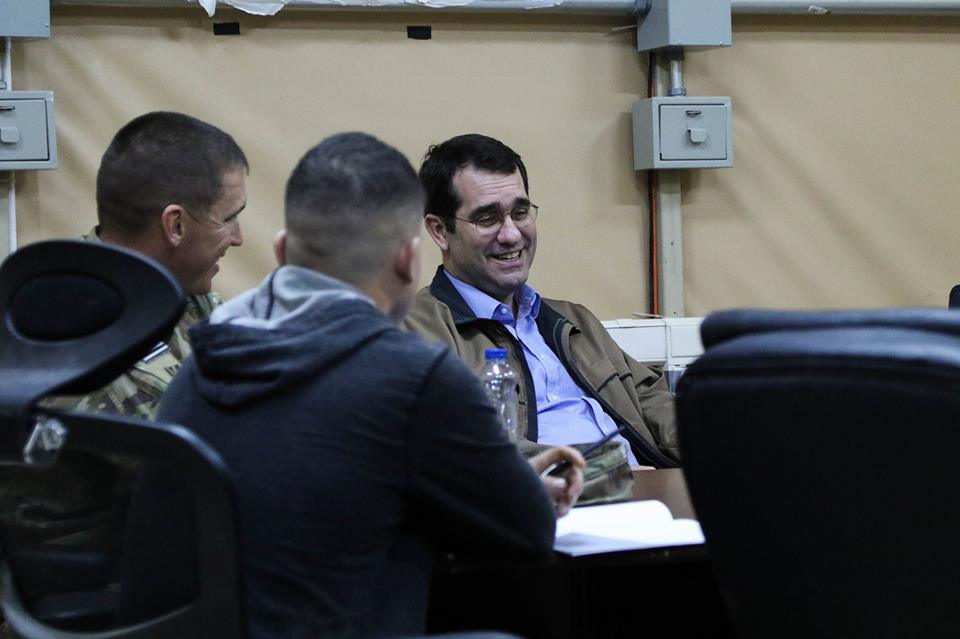
TOPEKA, Kan. — Kansas’ attorney general begged lawmakers Friday to quickly approve a plan that would satisfy a court mandate to increase spending on public schools as majority Republicans struggled to bridge big differences in mere days.
Some legislators and Republican Gov. Jeff Colyer have worried that a frustrated state Supreme Court would take the unprecedented step of preventing the state from distributing dollars through a flawed education funding system — effectively closing schools statewide.
Attorney General Derek Schmidt has until April 30 to report to the high court on how the GOP-controlled Legislature responded to an education funding ruling last fall. Schmidt sent a letter Friday to legislative leaders in both parties, saying his office needs “adequate time” to prepare its report and he was expressing his “profound concern” that no school funding bill has passed.
Schmidt sent his letter just before negotiators for the state House and Senate began talks to resolve the differences between their rival plans. The House plan would increase spending almost twice as much as the Senate plan, phasing in a roughly $520 million increase in education funding over five years. The Senate’s figure is $274 million.
The negotiators had several rounds of talks Friday afternoon and evening but broke off their discussions abruptly Friday night, without seeing much movement on the core issue of how big the spending increase should be. Top GOP leaders were having their own, private talks.
“Folks are talking, and we’re not getting much closer,” said House Speaker Ron Ryckman Jr., a Kansas City-area Republican. “We’re not making progress, at least not at this point.”
The court declared in October that the state’s current funding of more than $4 billion a year is insufficient for lawmakers to fulfil their duty under the Kansas Constitution to finance a suitable education for every child. The House and Senate have passed rival school funding plans, and their negotiators began meeting Friday afternoon to work on a final version.
Lawmakers had been their annual 2 1/2-week spring break Saturday, then return to return to the Statehouse on April 26 — a mere four days before the court’s deadline. GOP leaders said legislators would remain at the Statehouse at least through Saturday.
“I implore you: Do not adjourn for an April recess without finishing this legislation,” Schmidt said in his letter’s final line.
Colyer has also urged legislators to postpone the start of their break until they have approved a school funding legislation.
Republicans have supermajorities in both chambers but are split.
Senate GOP leaders have excoriated the House’s funding plan as likely to force lawmakers to raise taxes within two years. Senate Majority Leader Jim Denning, a conservative Kansas City-area Republican and one of the negotiators, even suggested that the House should pass a second, smaller plan.
“They’re more than likely going to have to regroup over there,” he said. “I’m just trying to figure out how to get out of here.”
Some GOP conservatives argue that the Supreme Court has encroached too much on the Legislature’s budget-setting power and see even the Senate’s plan as too large. Democrats argue that neither plan is large enough to satisfy the court.
Also in the mix are numerous policy differences between the House and Senate over how funds are allocated for specific programs or split between populous suburban districts and sparsely populated rural ones.
“I mean, it’s like the Grand Canyon in terms of the width of differences we have to deal with,” said Senate Minority Leader Anthony Hensley, a Topeka Democrat and another negotiator.